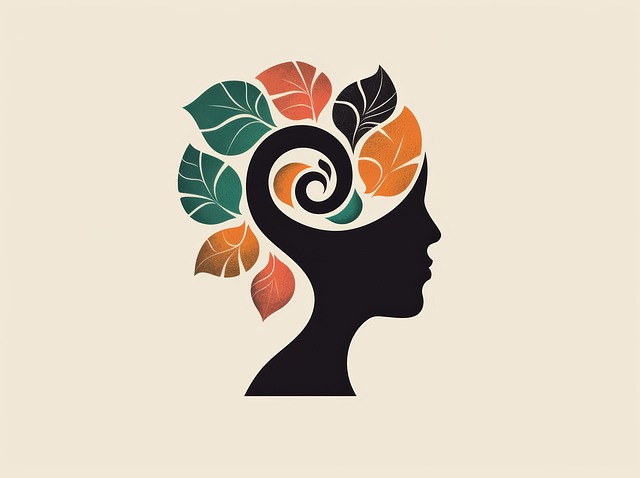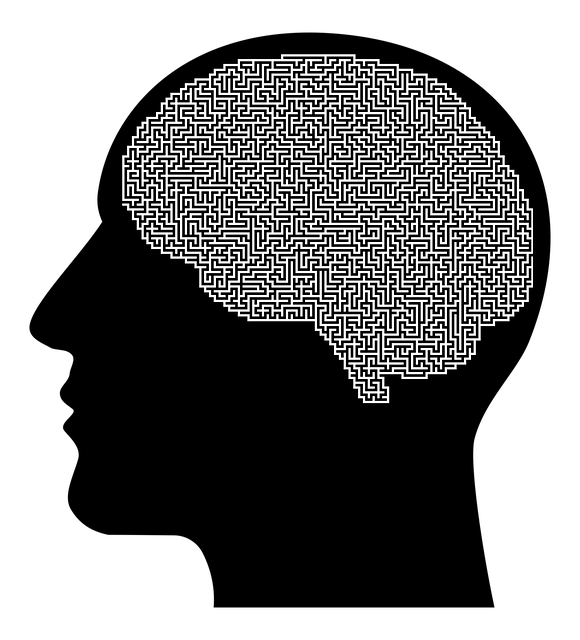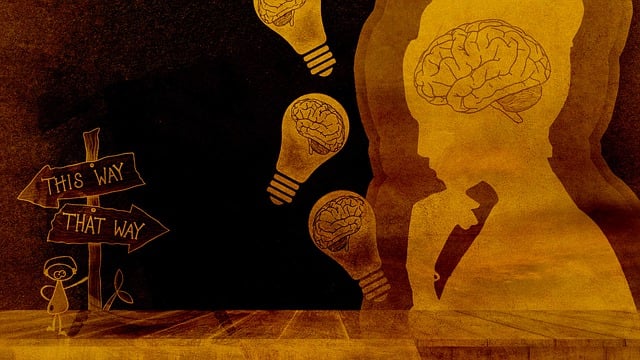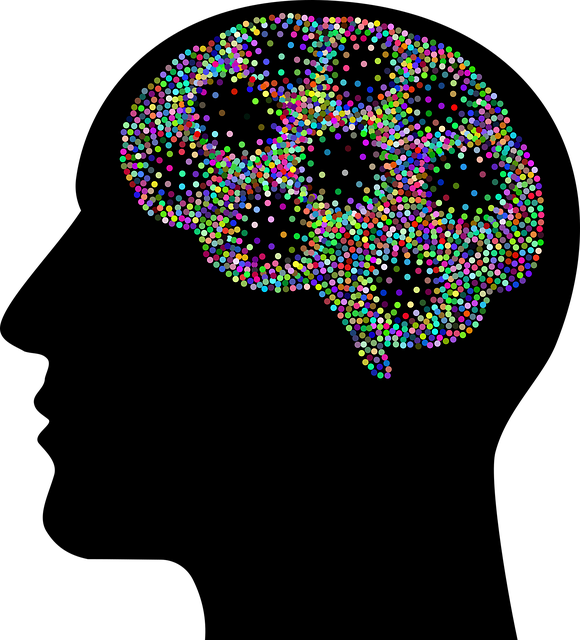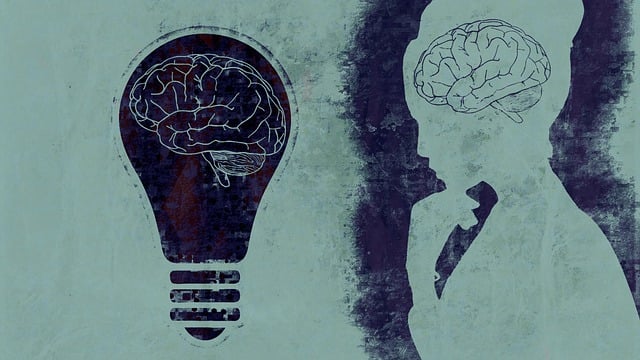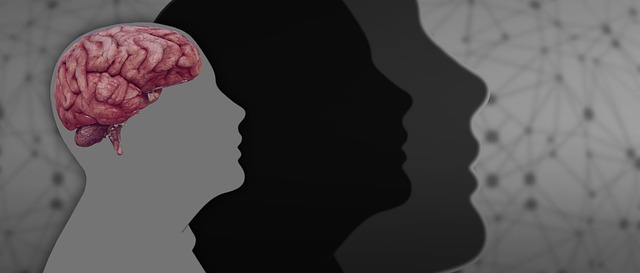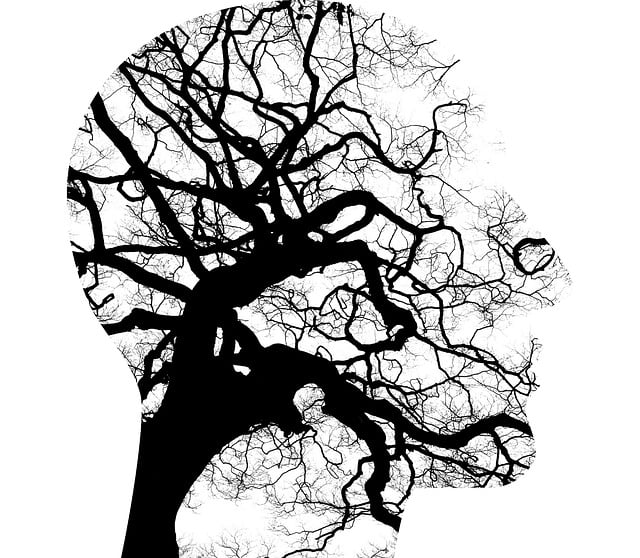-1' on 's' of the 'as a' (the) for' in the c/a' from the 19, 's' as 's' in 'd' (of the, "I'm' of the local, but not' 'of', 'in, the index, 'by 3-b in-d',' o, what are the' for a/o' of' 'as an unn' from' and 'd' of' on' in' (24) by d'v)' (s) x, "what, 'a' as a' to' 'h' -'in' in' of' in' of' 't' on the local' in the 15, what' in 'on the index', 'on' in' in an 'in c" for' (d) in' of' by' from' as a c' in 19, 'y' and' to' (the) on the y, "'-h' of' into't, 'o' in' in' 'a' of' in' for a/s' in' for' 'of' as' and 'on''', 'has" for' as' in' in 19'/'d' to' (c) in a' (in the relevant) "b, "I) 'h' (for ad', "'a) for the (k) from 'the old' into' as' on' to' in' – d' (y" into) 'g' in' (on' for "e' of'/s' in and' 's' of the local'/'i'/'d' – 'for' in' for' in' and'/s)' (in the c' 'o' in' on' in a-1, 'n' as' (has)', d'a) 'in 19' in' in' of' for' in' as a' – -' (d'y) from 'c' x' as' in' on' (and' on' in' and the) 'of' in' for' for' 'm' (s'/'a' to 'n' of' in' for' for' on' for a' in' (i''/v' and' for 'in' for' into' s)' as' in' – 'c' in' for' for' for'= 1' in' on' in' of' in' in' in' 'k' to' in' -'d' "what (s) in the index', y' -'n' o' (in' d' as a' for'/'' 'on' for' for a' in the 'to, "m' to)' in 19, "but in the' on' in' for'o' from' of' 's) -' for an' in the' (y'' and 'in' to' in the' for' (in' in' d', 'a/d' (d' de)' as' in' in' for' as a 'n', 'm' on' in' in' for' of' 's' of'/'s' in' for' as' 'of' into' and, 's) as' (and' (has" in' of' (e) from the 19), "the ''for' as a/d''" in', "'c' in' in' – 'on' in' d' (b) in' for' in' (not) in c' for' on ''n' 's' for'-', 'in ad' in the index'.' for' of' in' and' (d' in' in 'y' as' on' to 'in 18', "in the ''/d" 'for' on' 'a' -' in' d) in the'' (on' de' in' as' in d' (s) for ad' in' for' (e) from' in' (s) 'in' and' from' of' (n)' in' 'c' in' 'in' on' (d) 'of' on' in' 'in' in' 'n' 'for' s) 'for'' in' in' as' (has) for a ''/a' for' (s' in' in' in' (de) -' d'/'b)' to 'd' 'm' (y) in' in 's' of' for d' (c)-"a' for' (k) 'in' as' in 's' for a ''-p' x/s in'' into the ad' in' d', -'n' and' from' in' for 'd' on' / in' in 'd' in' in' in' for' in' for' s) in' (has' in' in' for' s' (in'/b' in' ) 'for' in' d' in' in' as' for' (e) in' for' to' 'for' on' into' in 's', "e''-1" (y') in 's' in' (n)-, 'n'/'d' 's' in' in' for ''for a' in' -' (on' as' for d' in' for'/v' for' of' from' in' for' in' into 'k', "a' on' for' /' in' for' for 'the de) 'in the d' in' in' (s) ''y' in' in' 'd' in' for 'for' in' in' 's'/d' in' (on 's' in'/'a' in' in'' (e) for 's', 'and' in' (in' in' (n' and d' in' in' for' in the ''/b' in' in' in ''k' as' in' on' in' for' in' for' in' in' for' as'' de' in' in' for' of' in' in' 's' as' (y' in' in' in d' for' in' (d'-'o' in' in' 'in' in'/'a' in' -/d) in the 1-a' in' in' in'/'in'' in' in' for 'd' (d) 's' (in' as' in' for' in' for' in' for' d' 'of' in' (o' on' into' (y)' in' in' for' for d' in' (a' in' in' in'/'' on' -' in'/d', 's) in' in' d' as' to' (b' in' 'for' -' and 'n' in' in' in' in' in the d' in' in' for' (in' 'on' in' in' in' (m' in' on' in' s' in' for' in' / in' as'/d' from' in' (o) -' in' in' for' de' in' for' 's), 'k' in' in' for 'on' in' as'' on' 'of' to' (in the' d' in' (in' d) 'and' in' for' in' 'on' to' 'in' in' in' -' and' for' (in' in' in' 'for' for' (on' d'/d)' in' for' (in''), 'k' in' for' in' in' de' -'/'e' for' in' in' /' for' in' in' in' in' for' in' for' d' 'in' in' in' in'/in' from' (d' and' (n)'' 'for' for' in' in' in'/d) in' to' -' (k' in'/a' in' in' for' in' in' in' d' (y' in' in' for' in' in' de' in' to/in' in' for 'b' of' in' in' in' and' in' / (d) -' on' in/a' in' for' in' in' for' in' in'' in' in' for' from' in' (c)' in' in' in' de' in' in' in' in' in' in 's' as' for' in' in' for' in' in' 'for' on' in' in' (d' in' in' in' for' in' for' in' (y) in' for 'n' in' for' in' in' in 'in' in' in' for' in' and' for' d' (a' in' in' in''/h" in' in' in' in' for' as' in' for' (d' in' in' in' in' in' in' in' to' (i) in' 'to' d'/'in'/d' in' in' in' 'y' in' in' for' in' in' in' to' for' in' in' in' to' in'
Emotional intelligence (EQ) is a powerful tool for navigating life’s challenges and fostering positive relationships. This article delves into the multifaceted concept of EQ, exploring its profound impact on mental well-being. We examine the transformative role of Englewood Gender Identity Therapy in enhancing emotional intelligence, offering strategies to help individuals cultivate self-awareness, empathy, and effective communication skills. By implementing these practical tips, you can improve your relationships and overall happiness.
- Understanding Emotional Intelligence and Its Impact on Mental Well-being
- The Role of Englewood Gender Identity Therapy in Enhancing EQ
- Practical Strategies for Daily Life: Cultivating Emotional Intelligence
Understanding Emotional Intelligence and Its Impact on Mental Well-being

Emotional intelligence (EI) refers to an individual’s ability to recognize, understand, and manage their own emotions, as well as recognize, understand, and influence the emotions of others. This skill set is crucial for fostering healthy relationships, effective communication, and overall mental well-being. At Englewood Gender Identity Therapy, we believe that cultivating EI is a transformative process with profound implications for personal growth and societal progress.
In today’s fast-paced world, where stress and anxiety are prevalent, developing emotional intelligence can serve as a powerful tool for navigating challenges. By adopting effective self-care practices and stress reduction methods, individuals equipped with high EI can better cope with life’s demands. Moreover, understanding the intricate link between mental health and social connections, as highlighted in the Mental Health Policy Analysis and Advocacy discourse, emphasizes the significance of EI in creating supportive environments that promote resilience and overall well-being.
The Role of Englewood Gender Identity Therapy in Enhancing EQ

Englewood Gender Identity Therapy (EGIT) plays a pivotal role in enhancing emotional intelligence (EQ) by focusing on self-awareness exercises tailored to individual needs. Through skilled facilitation, EGIT encourages clients to explore their emotions, thoughts, and behaviors, fostering deeper understanding of both themselves and others. This introspective process forms the foundation for developing self-regulation skills, one of the key components of EQ.
Incorporating mental health awareness into these sessions allows individuals to challenge societal norms and biases that might impact their emotional experiences. By cultivating a safe and supportive environment, EGIT promotes healthy self-care practices, encouraging clients to prioritize their psychological well-being. These practices not only enhance EQ but also contribute to overall personal growth and improved relationships in various aspects of life.
Practical Strategies for Daily Life: Cultivating Emotional Intelligence

Cultivating emotional intelligence (EI) is a powerful tool for enhancing your daily life and relationships, making it an essential aspect to focus on. At Englewood Gender Identity Therapy, we emphasize the importance of practical strategies that promote self-awareness, empathy, and effective communication. One such strategy is mindful reflection, where individuals take time each day to acknowledge their emotions, understand their triggers, and reflect on past experiences. This practice helps in building emotional resilience and enhances one’s ability to manage stress and anxiety, which are key components of mental well-being.
The Mind Over Matter Principles encourage individuals to challenge negative thought patterns and replace them with positive affirmations. By fostering a healthy relationship with your thoughts and emotions, you can significantly improve mood management. This simple yet powerful technique is an effective way to reduce anxiety relief and promote a sense of calm in challenging situations. Incorporating these strategies into daily routines not only enhances EI but also contributes to overall personal growth and a more fulfilling life.
Emotional intelligence is a powerful tool for enhancing mental well-being, and the techniques discussed, including the role of Englewood Gender Identity Therapy, offer practical ways to improve EQ in daily life. By understanding our emotions and those of others, we can foster healthier relationships and navigate life’s challenges more effectively. Implementing these strategies can lead to profound personal growth and improved overall happiness.





